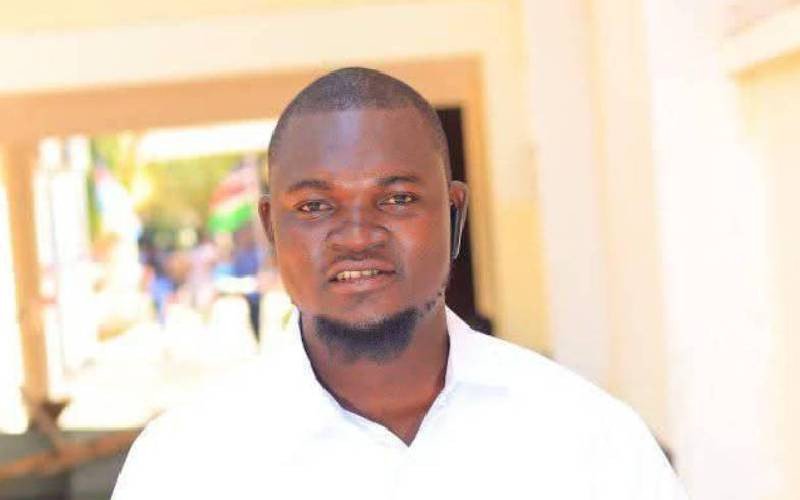Albert Camus, a thinker and writer of the 20th century, once said, “in such a world of conflict, a world of victims and executioners, it’s the job of thinking people not to be on the side of executioners”.
In a country that boasts one of the most progressive constitutions globally, we must pose and ask, who has the right to decide who gets a bullet and who gets a trial? When nobody is guaranteed the right to due process, are we still a democracy?
The death of Albert Ojwang, the young teacher and blogger who died in the hands of our law enforcement officers, is saddening. In the aftermath of his tragic end, Kenyans have held demonstrations. I would like to paraphrase the timeless words of Martin Luther King in his Nobel Lecture, “we are tragically bound to the starless midnight of extrajudicial killings and mindless brutality”.
This incident has pulled the rag under the feet of those who have always had no trouble trampling on the rights of the ordinary citizens ostensibly because they think they are invincible on account of their political proximity or the positions they hold in society. As Kenyans expressed solidarity with the fallen comrade’s family, the political class, particularly in the legislature, decided to turn the tragic incident into a political reality TV show calculated at political redemption.
The security chiefs were summoned to Parliament and grilled by the very people who were in the House when the 11th Parliament enacted the Security Amendment Laws, hence making a mockery of the institutional reforms anticipated under the famous agenda 4 reforms. The execution of Ojwang by the police is certainly not an isolated matter. It’s only that it got amplified by the young people and the legacy media equally illuminated the spotlight on this murder.
Conservative estimates indicate that up to 220 people have died in the hands of the police since the current administration came into office. There can’t certainly be a bigger indictment of our law enforcement edifice than that.
For if the role of the police is to preside over law and order and Kenya has not been in a civil war, then the simple interpretation of this high number killed by police would paint a picture in the minds of many that what we have as the National Police Service is a killing machine.
In police training, there is the doctrine of minimum force; the least amount of physical or coercive force necessary to achieve lawful police objective without causing unnecessary harm. However, the Independent Police Oversight Authority says at least 20 people have died in police custody in the last four months alone.
So, for us to take the political class seriously, let them stop the pretense and start a genuine conversation around policing and human rights violations by law enforcement agencies. There are so many Kenyans, whose names we might never hear and whose faces we might never see splashed on the front pages of our newspapers, who are stuck in the daily agony of a loved one’s life cut short by the police.
I believe we can get a honest account of what happened to Ojwang from the time he was picked up in his his father’s humble but secure compound to the time his turned up cold at city mortuary. We must turn the purported arrest of some lone officer as the murderer into a full blown public inquiry. Lawyers and civil society actors must watch brief in this trial so that we bring back sanity into policing.
With all these revelations, the President must move with speed and reorganise the security sector comprehensively. For that is the only way a modicum of public confidence can be restored in the sector. Else I foresee a future where police will have hard time making legitimate arrests as there will be little to nil guarantee that you would have your day in court.
Mr Kidi is the convener of Inter-parties Youth Forum. [email protected]
By Kidi Mwaga


